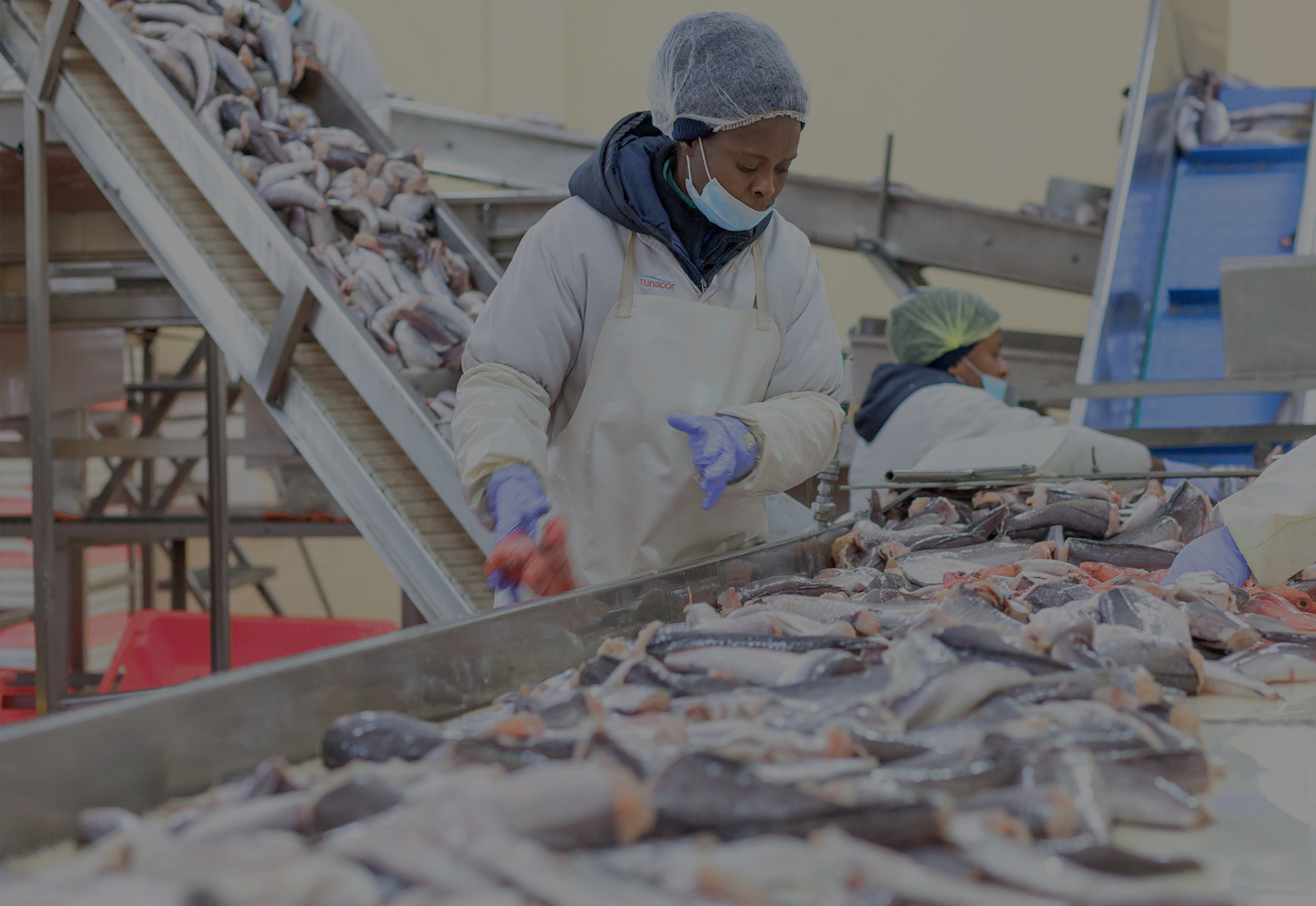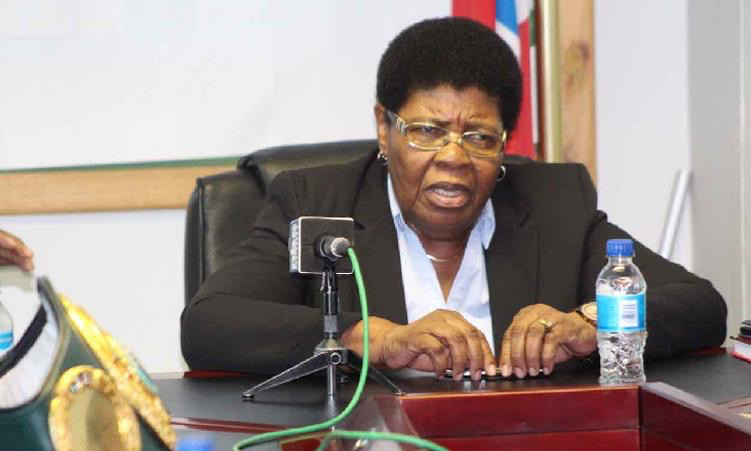Eenhana has been a hive of activity for the past few weeks.
Hundreds of low-income residents have taken time from their daily lives to register for the conditional basic income grant (CBIG).
Young and old, men and women, have all joined the queues to ensure their names are on the list for the N$600 grant.
Martha Thomas, a hairdresser at the town, says she and her colleagues have stayed away from work since the CBIG registration commenced.
While one of the criteria to be registered for the CBIG is that residents should be unemployed, if the household income is less than N$1 600 per month, they are permitted to register.
“We cannot miss this opportunity to get registered and get money. It’s money that will make a difference in our lives. Even though we work as hairdressers, we don’t make enough money.”
Thomas says because there are so many salons at the town, customers are few and far between.
“When the government initiates this type of programme, we have to take the opportunity,” she says.
A Draining Process
On a Wednesday morning, the Eenhana Community Centre is packed with residents hoping to register for the CBIG.
Mothers with babies on their backs are despondent as the police officers manning the queues announce that they should go home until further notice because the lines are simply too long.
“We are tired, very tired. This process is draining us. We come every time, just to return home and come back again, over and over,” says Tuyeimo Paulus (32), mother of five, with the oldest being 14 and the youngest nine moths old.
She hopes to become a grant beneficiary, which she says will help ease her financial burden.
Paulus is unemployed and survives by selling traditional brew (oshikundu).
She describes the CBIG registration process as cumbersome and challenging for her and other impoverished residents who live in shacks in informal settlements surrounding the town.
One of the chief frustrations expressed by residents is the requirement of a water bill to register for CBIG.
“I live at Ombili location, where there is no water or electricity. We use firewood to cook and have to fetch water elsewhere at N$3 per 20-litre container.
“Yet, we come here and we are told we should have our water payment receipts from the town council,” she says.
“We are also told Ombili location is not a legal residence at Eenhana. But we are there, we have been living there for years.”
Eenhana mayor Omri-Onn Kavandje says Ombili is in fact a registered informal settlement.
He also says if those living in informal settlements don’t have water bills, they must ensure that their shacks are registered with the town council.
The authorities are wary of those trying to cheat the system and warn that those discovered to be doing so will be rejected and fall off the registry.
Never Enough Money
Paulus says although two of her children receive an orphan and vulnerable children (OVC) grant of N$350 per month, she must supplement this with the funds she earns from her brewing business.
Authorities say many urban informal households do not receive grants, but they may have children who receive OVC grants and can still qualify for the CBIG.
“There is simply never enough money to take care of them,” Paulus says.
“Food is very expensive. We are also facing drought.”
In previous years, Paulus would go to the village at Odila during ploughing season to help her mother work the field.
“But there has not been any rain. As a result, I have to remain here at Eenhana and fend for my family,” she says.
Ombili resident Lucia Kalwenya (58), a mother of seven and grandmother of four, says she left her home village of Omadano after she was struck by lightning and injured in 2022.
She heard about the CBIG during a Swapo rally at Eenhana two months ago.
“When Netumbo Nandi-Ndaitwah spoke about the grant, I was happy to hear about it because I know this opportunity will allow me to feed my family, or even save something to start a small business.”
Kalwenya says she can no longer work in the fields because of her injuries.
“Some of my children are in other towns to look for greener pastures. I cannot afford to feed them all. I currently depend on the OVC grant from my grandchildren,” she says.
Nothing to Eat
Ohangwena governor Sebastian Ndeitunga says the drought has caused hunger for the majority of families.
“Families who could not harvest are desperate because they have nothing to eat. That’s why we see hundreds of people queuing every day, just to get registered for the government grant aimed at alleviating hunger in the country’s urban areas. We are all aware that those living in the urban areas were not receiving any drought relief,” says Ndeitunga.
United Nations World Food Programme (WFP) acting country director Tiwonge Machiwenyika says about 1.2 million Namibians have been affected by severe food insecurity.
“As of October 2024 … Namibia reached a peak of severe hunger. The government, in collaboration with WFP, has provided 300 000 people who are affected by hunger with food and we will continue to work with the government of Namibia in this regard,” he adds.
Despite these efforts, many Namibian families continue to grapple with hunger on a daily basis. The CBIG, however, has ignited a sense of hope that things may soon change for the better.
Criteria to Register for CBIG:
Household income below N$1 600 per month
Unemployed or lacking access to other forms of support
Identity document
Proof of residence
Water bill
Stay informed with The Namibian – your source for credible journalism. Get in-depth reporting and opinions for
only N$85 a month. Invest in journalism, invest in democracy –
Subscribe Now!





